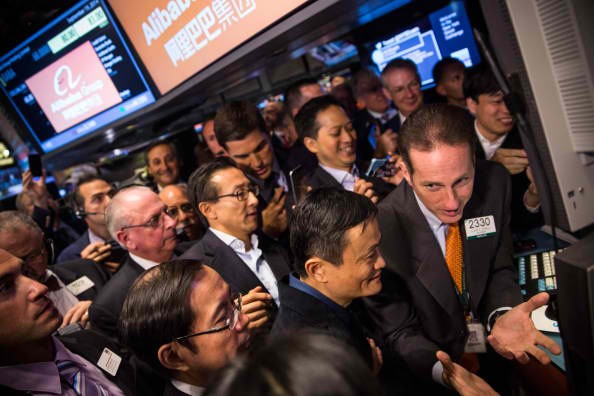The two companies are currently preparing for the audit and aim to respond to concerns on China's accounting standards and auditing practices. Both Alibaba and Baidu are Chinese companies traded in the U.S.
Alibaba is being audited by Hong Kong-based PricewaterhouseCoopers (PwC). Baidu hired the services of Beijing-based Ernst and Young (EY).
"On one side, public companies' audit firms should be subject to regulatory inspection; on the other side, China cannot allow a foreign regulator to inspect Chinese companies' data due to sovereignty concerns," Dong Dengxin, director of the Finance and Securities Institute at Wuhan University of Science and Technology.
Chinese companies who trade in the U.S. are required by the Securities and Exchange Commission to submit their financial reports. However, local companies are prohibited from doing so without permission from the Chinese government.
In 2014, the Big Four accounting firms in the U.S. received a ban for six months from the SEC after failing to comply with auditing rules. These forms are PwC, Deloitte, EY, and KPMG.
The PCAOB said that they will "work toward obtaining access to the information we need in order to conduct the necessary inspections of registered firms in China and Hong Kong."
Paul Gillis, an accounting professor at Peking University's Guanghua School of Management, said that allowing the audit is a good initiative from China but is doubtful if there will be any substantial result after the inspection.
He added, "The Chinese "are trying to do whatever is necessary to prevent a disaster, which is their companies being delisted. U.S. regulators are trying to make this problem go away."
On the other hand, Dong believed that the inspection will be good for Chinese companies to improve their accounting practices.
He said, "While the bilateral cooperation on audit oversight puts pressure on Chinese regulators, I think it's a good thing as our regulatory standards are forced to improve under the pressure, as is the quality of our public companies."



























